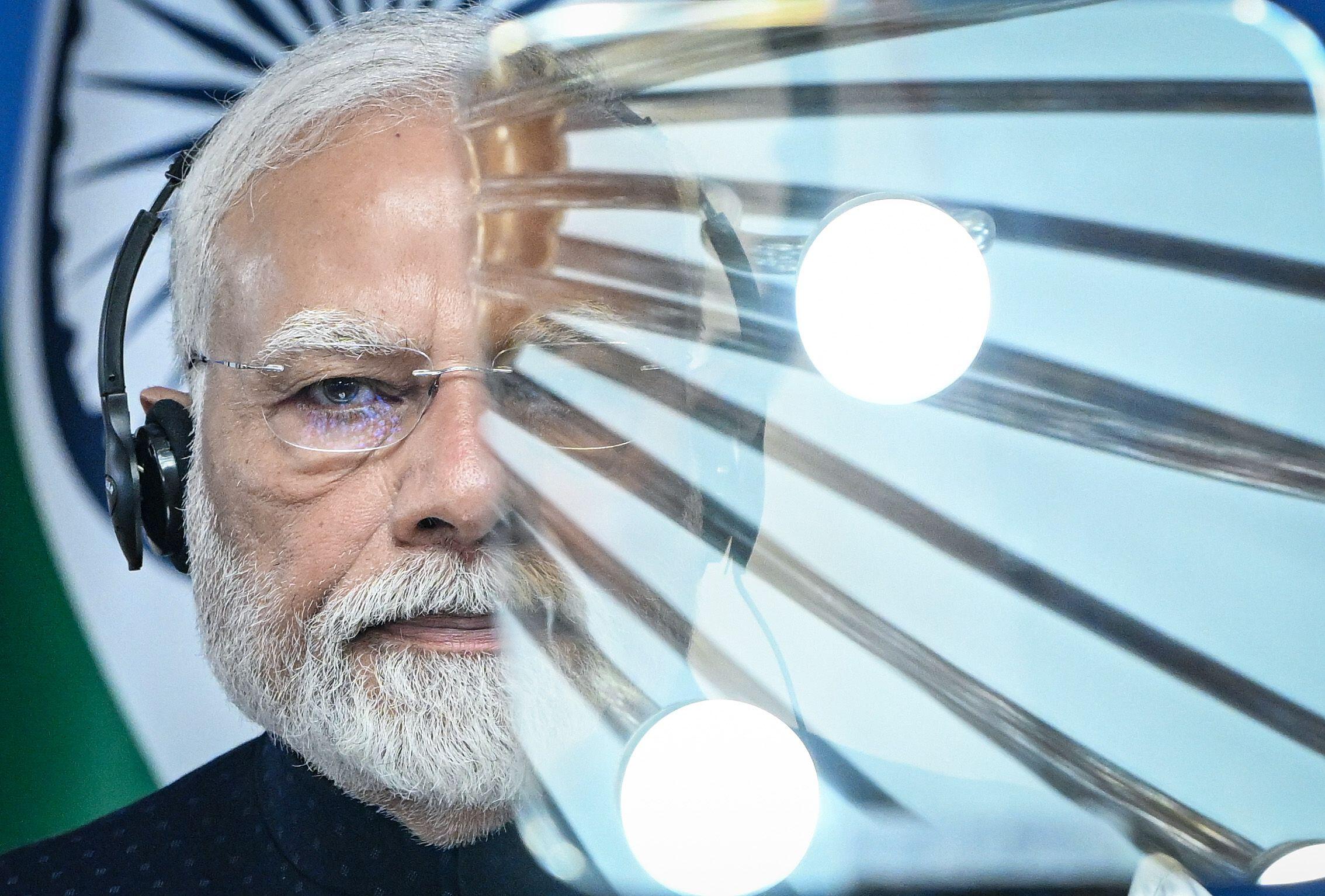When journalist Afraaz Hussain (not his real name) tried to revisit a series of investigative reports he had filed on human rights abuses in Indian-administered Kashmir, he was stunned to find the links broken and the pages wiped clean. Some of his most critical stories – on government surveillance, military misconduct and civil unrest – had vanished without explanation.
“A lot of my work from the region is totally missing,” said Hussain, who asked that his name be changed to protect his identity. “Entire archives of newspapers before 2019 are missing. Stories critical of the government have disappeared.”
Apart from losing most of his investigative work, which he first noticed had vanished around two years ago, Hussain says he is facing police intimidation and a ban on his travel outside the country.
Many reporters and editors based in India say media outlets are deliberately erasing or hiding their work amid what they describe as growing pressure from the Indian government to limit reporting critical of its policies. Stories that once documented surveillance, hate crimes and rights abuses are now vanishing from digital archives without explanation.
The government has also, in many cases, explicitly ordered the takedown of journalistic pieces that highlight alleged human rights abuses. For instance, last year, India’s Ministry of Information and Broadcasting directed a magazine to remove an article detailing accusations of torture and extrajudicial killing by the Indian Army in the Jammu region.
This is true not only for the conflict-torn Indian-administered Kashmir and Jammu regions, even if it may have started there. Across India, a quiet purge of digital content is underway. News stories critical of the government are being erased – scrubbed from websites, replaced with 404 errors or removed after veiled legal threats. Journalists and activists call it a “digital vanishing act” that’s increasingly common in the country’s shrinking press freedom landscape.
“404 journalism” is becoming the norm
Veteran journalist and author Ruben Banerjee calls it “404 journalism”.
“You click on a link and the story’s just not there anymore,” Banerjee told Index. “It’s becoming a new genre of journalism in India – stories that once were, but are now memory.”
Banerjee was ousted from Outlook Magazine in 2021, a move he believes is in part linked to the magazine publishing a series of stories critical of the Modi government which allegedly invited political pressure on the publication.
Banerjee cited daily Hindustan Times’ now-defunct Hate Tracker as one of many casualties of “404 journalism”. The tracker, which meticulously documented hate crimes across India, disappeared from the outlet’s website with no public notice or editorial clarification.
“Nobody disputed its facts,” he said. “But the political sensitivity was enough to have it pulled.”
The takedown coincided with the exit of editor Bobby Ghosh. The Wire reported that Prime Minister Narendra Modi had a personal meeting with the publication’s proprietor, Shobhana Bhartia, in the months before Ghosh’s departure, and government officials raised objections about Ghosh’s editorial decisions.
In some cases, journalists themselves are requesting takedowns, driven by fear rather than falsehoods.
“Some are scared because their old work is now being used against them,” Banerjee said. “But that is not journalism. That is capitulation.”
The erasure of digital archives is not new, but its scale and coordination appear unprecedented. In Kashmir, where Hussain worked as a correspondent for multiple outlets, entire archives were purged following the Indian government’s 2019 abrogation of Article 370, which revoked the region’s special status.
“Most English, Urdu and vernacular newspapers had their archives wiped clean,” Hussain said. “It is not like a few pieces were removed, it is an institutional erasure.”
These deletions, he said, targeted some of the most impactful journalism on record. “We spent weeks on those investigations. These were exclusive stories on grave issues. When that disappears, you are erasing the rough draft of history.”
The implications are serious.
“For students, researchers, even citizens trying to trace how events unfolded, that material is gone,” said Maariyah Siddique, a research scholar at Aliah University, in the state of West Bengal. “The government’s intention is clear: to intimidate journalists, activists and whistleblowers, reminding them of the government’s omnipresence.”
She added: “Even the government knows that in the digital age, information once posted online cannot really disappear, but such tactics are directed at creating long-term impacts [rather] than short term. It is more mental and psychological than physical intimidation of journalists.”
This subtle form of pressure, explained Siddique, is not only about erasing content but also about instilling a sense of vulnerability among journalists.
“Sometimes government action is simply meant to warn the concerned that their work is being heard and they will be chased next,” she said.
The chilling effect
The government’s legal toolkit also plays a role. A notable example is the 2022 arrest of Kashmiri PhD scholar Abdul Aala Fazili for an article he wrote in 2011. Since then, media houses and their contributors have grown more wary. Several editors told Index that authors and scholars now request takedowns of old pieces, fearing their writing could be used against them.
“What’s worrying,” said Banerjee, “is that many media organisations don’t wait for official orders. They self-censor, just to avoid displeasing the powers that be.”
The consequences go beyond deletion. The constant fear of retaliation has created a culture of self-censorship and editorial paranoia.
“No one even pitches stories critical of the government anymore,” said Qazi Zaid, an editor with Free Press Kashmir, one of the few independent media houses in the region. “We are walking on eggshells with every story. Many authors and journalists ask us to take their articles down because they think it is affecting their passport applications or fellowships.”
Experts say erasure of archives is not just about control but “erasing the past” to influence the future.
“When journalism disappears, so does accountability,” said Siddique. “Every post, every report, every fact contributes to an informed electorate. Erasing it is an act of political manipulation.”
Journalistic freedom in India has steadily declined in recent years, slipping to 151 out of 180 countries in the latest Reporters Without Borders (RSF) press freedom index. Journalists say the vanishing archives are just one more indicator of this decline.
“Press freedom is being eroded like never before,” said Hussain. “And now, it is not just what you can’t say, it is also what you did say, that gets you in trouble.”
For journalists and media experts, it is a moment of reckoning.
“You start reporting, knowing the risks,” said Siddique. “But this erasure… it is the last blow. If your work isn’t going to survive, what’s the point of doing it at all?”





